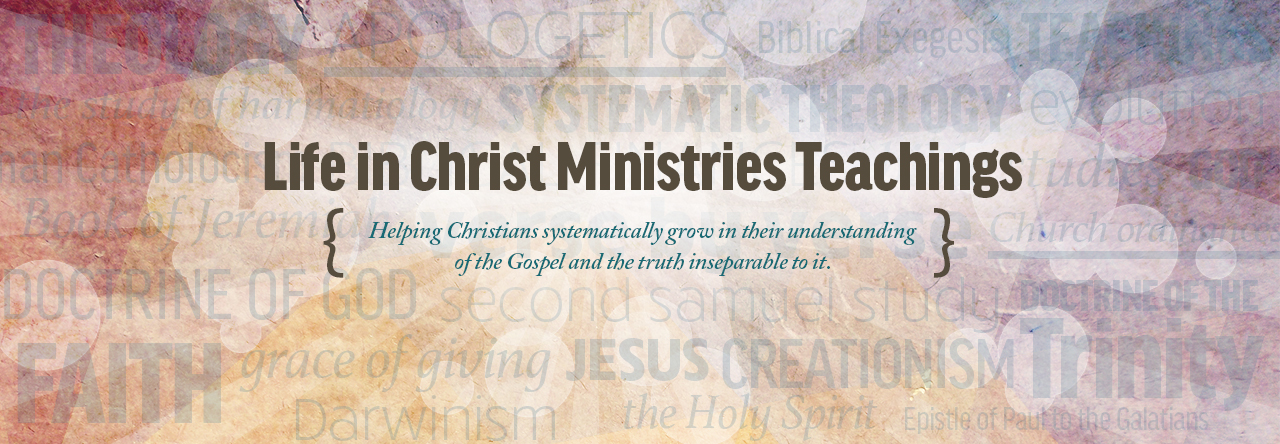Some years back, as our church was studying through the Book of 1 Samuel, we saw the beginning of Saul being gripped by the sin of envy and oh what an ugly picture it was! Envy quickly led Saul down a path of incredible evil. In 1 Samuel 18 we only see the beginning of that slippery slope but even there the malignant poison of jealousy led him to take his spear into his hand and hurl it at David (twice!) even while David’s hands were ministering to him on the harp.

Be anxious for nothing, but in everything by prayer and supplication, with thanksgiving, let your requests be made known to God (Phil. 4:6)
It appears, given the 24/7 news-cycle in our society, that we have the option of worrying about more things than any previous generation on planet earth. Not because our exact situations are as worrisome as they could be, but because we are afforded plenty of other options to consider both locally and internationally. In recent years we have heard numerous threats of nuclear warfare from North Korea, we have seen China’s militarization in the South China Sea, Russia’s aggression towards neighboring Ukraine and its involvement in the conflict in Syria, societal destabilization in Venezuela, and that doesn’t even include talk of Iran and other state sponsors of terrorism. On our own shores, there has been repeated seasons of rising and falling concern with relationship to the prospect of a terrorist attack, an increasing cost of living (at least in some places), continuing moral decline, concern over the way in which media outlets seem incensed to fan flames of societal discord, and so on.

I have found that a common experience among Christians, myself included, is fighting to stay focused in times of prayer. Have you been there? Perhaps you were there this morning. You know, the times where it seems like to-do lists of things that need to get done come to your mind and you wonder, “Why am I thinking of those things right now?” Or, as you move from one sentence to another or from one request to another, it feels surprisingly difficult to keep a steady stream of thought.

In the opening verses of the ninth chapter of Luke’s Gospel we see Jesus calling, equipping and commissioning His apostles to minister to the cities and towns of Galilee (Lk. 9:1-2). After telling them to basically leave and go only with the things they had in their possession in that moment (vs.3), He told them:
“Whatever house you enter, stay there, and from there depart.” (vs.4)
In Matthew’s Gospel we can see some additional caveats and instructions that Jesus gave them. He said that when they entered a city or a town they were to inquire who in it was worthy (Mt. 10:11). This likely meant that (a) they should see who in that town was known for showing kindness and hospitality, and (b) perhaps implicit in the statement of worthiness was the idea that they were to find men and women who were waiting for the kingdom of God.

Not that I speak in regard to need, for I have learned in whatever state I am, to be content (Phil. 4:11)
In the previous verse, Paul, having recently received the gift delivered by Epaphroditus, rejoiced in the Lord that the Philippians’ care for him had flourished again (4:10). Although the church loved the apostle dearly, it had been a while since they were able to send him an offering (cf. vs.15-16). Don’t forget, in those days they couldn’t simply wire the funds to the apostle Paul’s bank account. Not to mention, Paul’s journeys were both frequent and many, which made him a difficult man to locate. Whatever the exact circumstances were Paul said they “lacked opportunity” (vs.10).













